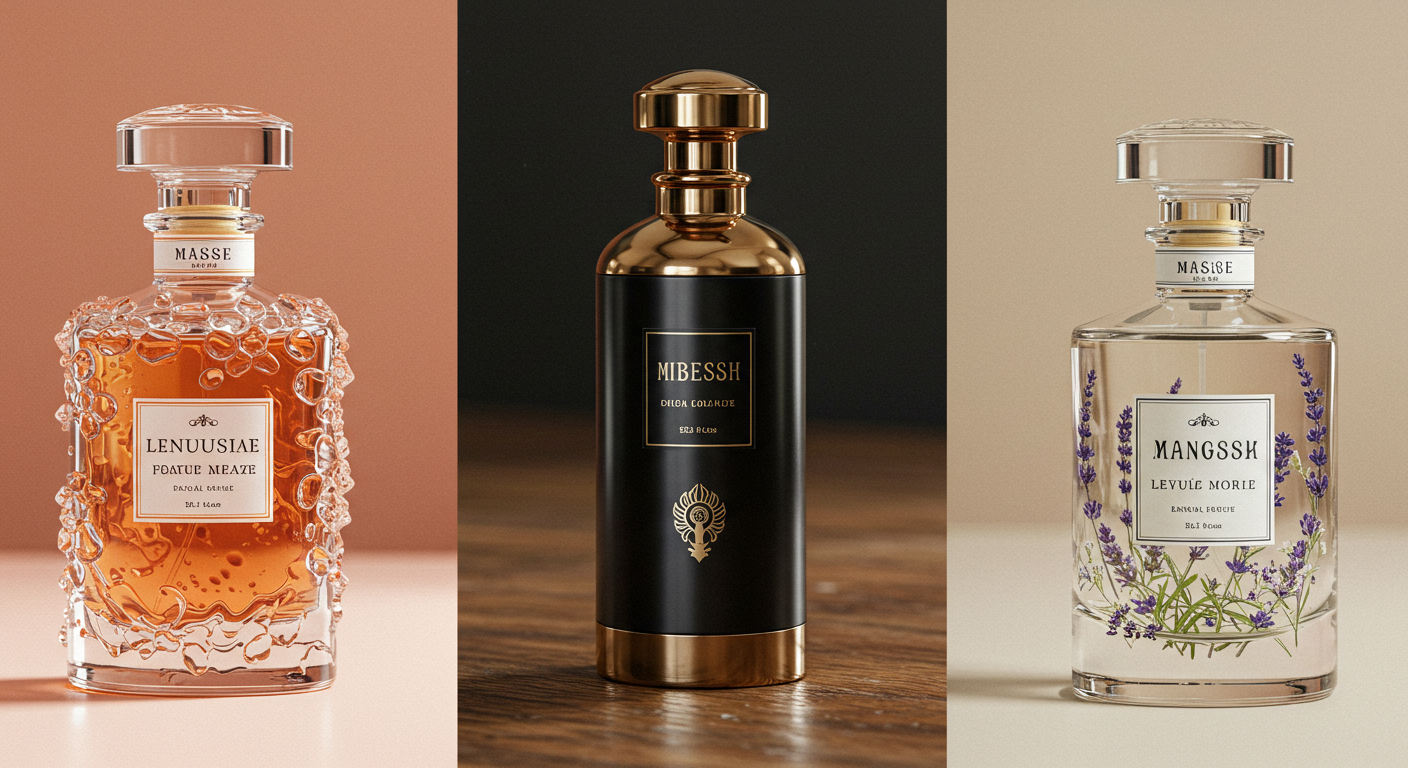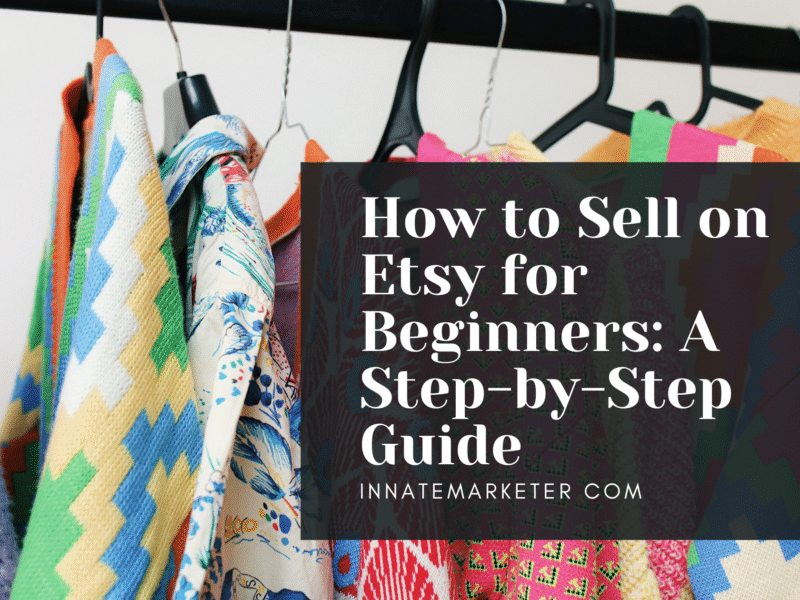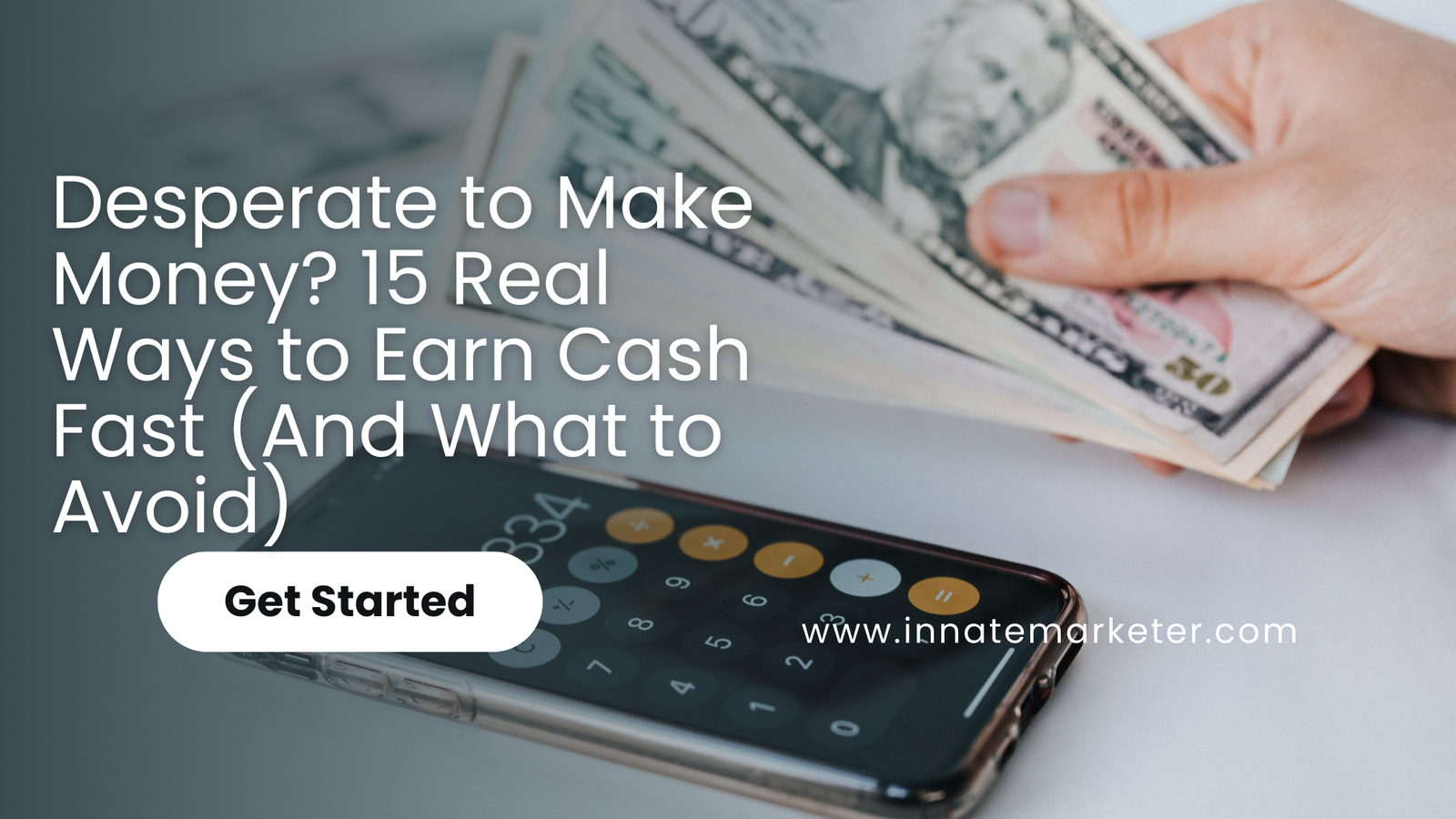Creating and selling your own perfume can be an exciting and lucrative venture. With the growing demand for personalized fragrances and a shift toward unique, artisanal products, perfume-making offers an excellent opportunity to tap into a competitive yet rewarding industry. In this guide, we will walk you through everything you need to know about how to create your own perfume and successfully sell it.
Key Takeaways
- Understand Perfume Composition: Learn the basics of top, middle, and base notes, and experiment with blending essential oils to create unique fragrances.
- Use Quality Ingredients: Gather essential oils, alcohol, distilled water, and fixatives to craft your perfumes.
- Develop a Strong Brand: Create a memorable brand name, attractive packaging, and a compelling brand story to stand out in the market.
- Leverage Online Platforms: Sell your perfumes through platforms like Etsy, Shopify, or Amazon, and use social media to market your products.
- Offer Customization: Personalizing perfumes can attract customers looking for unique, bespoke fragrances.
- Follow Legal Requirements: Ensure compliance with labeling, licensing, and intellectual property regulations before selling your perfumes.
Starting your own perfume business requires creativity, quality ingredients, and effective marketing strategies. With dedication and the right approach, you can create and sell unique perfumes that appeal to a broad audience.
Why Start Your Own Perfume Business?
The perfume industry has experienced significant growth in recent years, driven by consumers’ desire for personalized, luxury, and unique fragrances. According to Grand View Research, the global perfume market is expected to reach over $50 billion by 2027, with an increasing preference for niche and artisanal perfumes. This presents a great opportunity for anyone passionate about fragrance to create and sell their own perfumes.
Step-by-Step Guide to Creating Your Own Perfume
- Understand the Basics of Perfume Composition
Perfume-making is both an art and a science. Understanding the basic components of perfume will help you create scents that resonate with your target audience. A perfume typically consists of three parts:
Learn the passive income models behind real net worth stories.
Simple strategies • Beginner-friendly • Practical
Get the Passive Income Playbook- Top Notes: These are the first scents you smell when you apply perfume. They are light and evaporate quickly, usually lasting between 15 minutes to 2 hours. Common top notes include citrus, lavender, and mint.
- Middle Notes (Heart Notes): These scents appear after the top notes evaporate and can last anywhere from 2 to 6 hours. Common middle notes include rose, jasmine, and spices.
- Base Notes: These are the last and most enduring scents in the perfume, often lingering for hours or even days. Base notes include vanilla, amber, and sandalwood.
- Gather the Right Ingredients
To create your perfume, you’ll need a few key ingredients:
- Essential Oils: These oils are the core of any fragrance. They are distilled from flowers, fruits, spices, woods, and other natural sources. The choice of oils will determine your perfume’s scent.
- Alcohol: Alcohol acts as the solvent that helps to diffuse the fragrance. High-proof alcohol (around 95%) is typically used to create perfumes.
- Distilled Water: Water helps to dilute the perfume, making it less intense.
- Fixatives: These ingredients help stabilize the fragrance and ensure that it lasts longer. Natural fixatives include resins like benzoin and labdanum, while synthetic fixatives can be used as well.
- Glass Bottles: For packaging your perfume, opt for quality glass bottles that can enhance the presentation of your product.
- Choose a Fragrance Formula
Creating your perfume formula involves blending top, middle, and base notes in the right proportions. A general guideline is:
- 30% Base Notes
- 50% Middle Notes
- 20% Top Notes
Experiment with different combinations to create a unique fragrance. Keep in mind that fragrance creation can be trial and error. Start with small batches, and adjust your formula until you achieve the desired scent.
- Blend the Ingredients
To blend your perfume:
- Start by adding the essential oils into a glass bottle, following your fragrance formula.
- Add alcohol to the mixture, usually about 70-80% of the bottle’s volume.
- Shake the bottle gently and let it sit for a few weeks. This aging process, known as “maceration,” allows the oils to blend and intensify.
After several weeks, test your perfume and adjust the formula if necessary by adding more top, middle, or base notes. Don’t forget to keep detailed records of your ingredients and ratios for consistency.
- Bottle and Label Your Perfume
Once your perfume has matured, it’s time to bottle it. Choose attractive glass bottles that complement the aesthetic of your brand. Ensure that the bottle is tightly sealed to prevent the fragrance from evaporating.
Label your perfume with a catchy and professional design that includes:
Learn the passive income models behind real net worth stories.
Simple strategies • Beginner-friendly • Practical
Get the Passive Income Playbook- The name of your fragrance.
- Ingredients list (if required by regulations).
- The brand name.
- Instructions for use.
Consider working with a designer to create a unique and eye-catching label that stands out on the shelves and online.
How to Sell Your Own Perfume: Tips and Strategies
- Develop a Brand Identity
Before you start selling your perfume, it’s essential to create a strong brand identity. This will help you stand out in a competitive market and build a loyal customer base. Your brand identity should include:
- Brand Name: Choose a memorable name that reflects the essence of your perfumes. It should be unique, easy to pronounce, and convey your brand’s personality.
- Logo and Packaging: Invest in professional branding, including a well-designed logo and elegant packaging. The look of your perfume bottle and its packaging plays a crucial role in attracting customers.
- Brand Story: Share your journey of how you started making perfumes. Consumers are drawn to brands with authentic stories that reflect passion and creativity.
- Sell Through Online Platforms
The internet provides a vast marketplace to sell your products. Consider setting up an online store or selling through platforms like:
- Etsy: This is an ideal platform for handmade and niche products. Etsy allows you to reach a broad audience and connect with perfume lovers worldwide.
- Shopify: If you prefer to have your own online store, Shopify offers an easy-to-use platform for creating an e-commerce website.
- Amazon: Amazon’s marketplace is massive, and it can be a great platform for selling your perfume if you want to scale quickly.
- Instagram: Many perfume creators sell their products directly through Instagram by building a community and promoting their scents with stunning visuals and engaging content.
- Leverage Social Media for Marketing
To gain traction for your perfume business, social media is a must. Platforms like Instagram, Facebook, and Pinterest are ideal for sharing visuals of your products and connecting with potential customers. Here’s how you can use social media:
- Instagram: Create a visually appealing profile with high-quality photos of your perfumes. Use relevant hashtags like #perfume, #nichefragrance, and #handmadeperfume to reach a broader audience. Engage with your followers and encourage them to share their experiences with your products.
- Pinterest: Pinterest is an excellent platform for reaching users interested in beauty, luxury, and personal care products. Share lifestyle photos, how-to guides, and links to your online store.
- Facebook: Use Facebook to create a page for your brand and connect with potential customers. You can also run targeted ads to reach users who are likely to be interested in your fragrances.
- Collaborate with Influencers
Partnering with influencers or beauty bloggers can help promote your perfume brand to a larger audience. Look for influencers who align with your brand’s values and aesthetics. They can review your perfumes, share their experiences, and help drive traffic to your store.
- Participate in Local Markets and Events
Selling your perfumes at local craft fairs, pop-up shops, or beauty markets can be a great way to get exposure. People love to smell perfumes in person before purchasing, and this can help you build a local following.
- Offer Custom Perfume Services
Many consumers enjoy personalized products, so consider offering custom-made perfumes. You can allow customers to choose their preferred scents or create bespoke fragrances based on their preferences. This adds an extra level of luxury to your brand and attracts customers who want something unique.
Pricing Your Perfume
Pricing is an essential aspect of selling your perfume. Consider the following factors when determining your price:
- Cost of Ingredients: Factor in the cost of essential oils, alcohol, and packaging when setting your price.
- Branding and Packaging: High-quality packaging and branding will increase production costs but also justify a higher price point.
- Market Research: Study the prices of other perfumes in your niche. Pricing too high may alienate potential customers, while pricing too low may make your product seem less premium.
- Profit Margin: Ensure that your price allows for a reasonable profit margin. The average markup for perfume is between 50-80%, but it depends on your brand and target market.
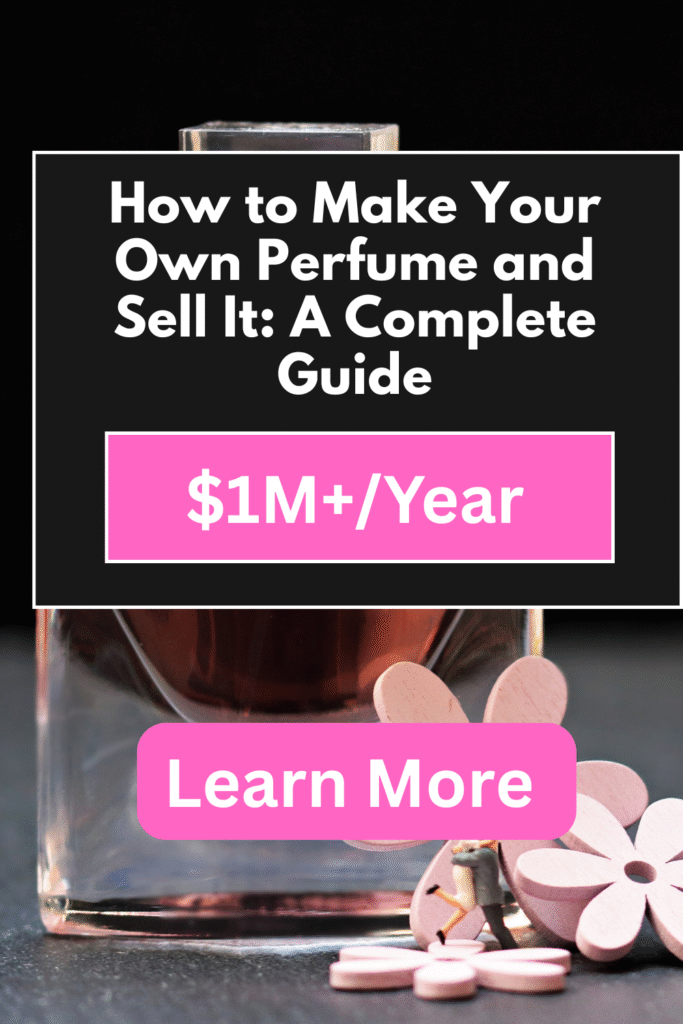
Legal Considerations
Before you start selling your perfume, be aware of the legal requirements. Some countries have regulations regarding the sale of cosmetics and personal care products. Ensure that you:
- Comply with Labeling Requirements: Some regions require that you list ingredients, warnings, and other necessary details on your labels.
- Secure Proper Licensing: In some areas, you may need a license to sell perfume products. Check with your local authorities to ensure compliance.
- Protect Your Intellectual Property: Trademark your brand name and logo to protect your intellectual property.
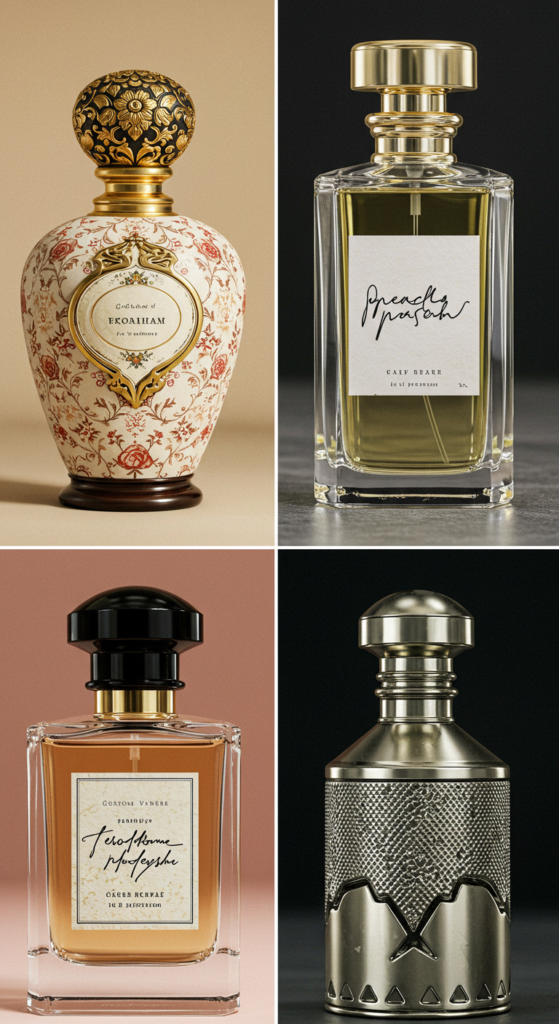
Final Thoughts
Making and selling your own perfume can be an incredibly rewarding experience. With the right tools, knowledge, and marketing strategies, you can turn your passion for fragrance into a profitable business. Focus on creating high-quality products, building a strong brand, and connecting with your audience. As the demand for unique and personalized fragrances grows, now is the perfect time to start your own perfume business and make your mark in the industry.
Learn the passive income models behind real net worth stories.
Simple strategies • Beginner-friendly • Practical
Get the Passive Income PlaybookTools:
- Pinterest Hashtags Generator
- Enterprise SEO ROI Calculator
- Cryptocurrency Live Chart
- Amazon CPC Calculator
- CPM Calculator
- Engagement Rate Calculator
- Facebook Ads ROI Calculator
- Facebook Revenue Calculator
- Google Ads ROI Calculator
- Google Website Earnings Calculator
- Marketing Metrics Calculator
- Impressions Calculator
- Social Media Budget Calculator
- Website Traffic Growth Calculator
